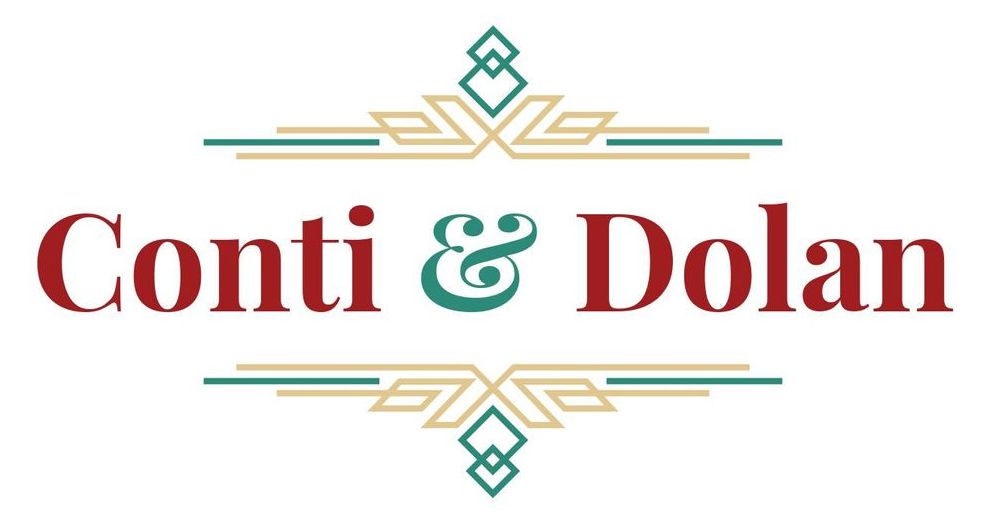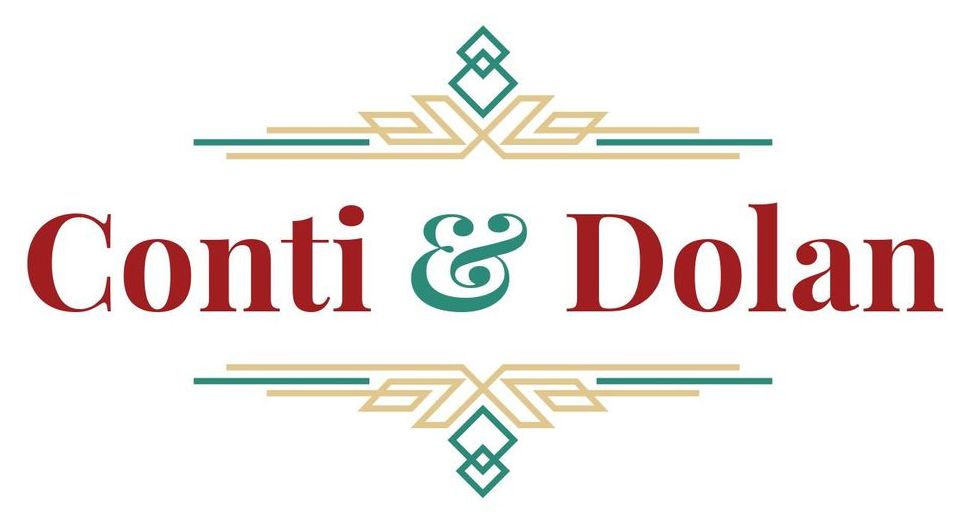Confidentiality Agreements
Large firm experience and results. Small firm attention.
Not all of a company’s assets are found on a balance sheet, in a bank account, or at a warehouse. Information – about customers, pricing, business methods, or other trade secrets – can be and often is at the center of a business’ success.
But that information doesn’t add value until a company leverages it through its executives and employees. This means that companies regularly need to share confidential information with members of a workforce who may be tempted to use the knowledge they gain in their current position in future endeavors for their own purposes or those of a competitor. To prevent that from happening, many employers ask or require executives and employees to sign confidentiality agreements as a condition of employment.
Companies can present such contracts at the beginning of the employment relationship, during it, or at the conclusion of employment as part of a severance agreement. Examples of information often intended to be confidential include: personnel records, trade secrets, customer lists, business strategies, and financial information.
A Trap for the Unwary
Unfortunately, many employees sign these binding agreements or confidentiality clauses in employment contracts without fully understanding – or even reading – them. Doing so can have unintended and costly consequences for employees who move on to new opportunities.
Executives and others who willfully or unknowingly violate an employment confidentiality agreement by sharing covered information with their new employer may soon be on the receiving end of a restraining order and lawsuit for damages. For example, a salesperson who spent years nurturing a customer relationship may believe that the information they gained about the customer due to their own hard work is theirs to use as they see fit if they move on. They can be in for a rude awakening instead.
Making matters worse, the former employer’s efforts to prevent the use of their proprietary information may also ensnare the new employer in litigation, souring a promising new relationship and putting it at risk. For these and other reasons, it is critical to seek experienced counsel before signing a confidentiality agreement if your new or existing employer presents you with one.
We have extensive experience analyzing and shaping the scope of employee confidentiality and non-disclosure agreements. Our award-winning Chicago employment lawyers advise, review, and negotiate the terms of confidentiality agreements on behalf of c-suite executives, salaried employees, and others. With clear, sound, and practical guidance, we work closely with our clients to ensure that they fully appreciate the impact and effect of such documents and avoid missteps which could put their career or livelihood at risk.
Many clients come to us after their former employer has threatened or initiated litigation to enforce the terms of a non-disclosure agreement. When that happens, our seasoned and strategic litigators take a clear-eyed and holistic look at the provisions of the document to determine its scope and enforceability, as well as the actions which allegedly violate its terms.
In consultation with our clients, we then develop and implement the approach best suited to achieving a positive and conclusive outcome, whether through negotiation or a vigorous defense challenging the validity of the agreement.
Don’t Assume That Confidentiality Agreements Are Unenforceable
Many people make the mistake of thinking that non-disclosure agreements are unenforceable and act accordingly. Indeed, many employers draft confidentiality provisions that are so overly broad that they are of dubious validity. But such agreements, if properly crafted, can and will be enforced by a judge through restraining orders, damage awards, and other relief.
Companies, if advised by competent attorneys, will draft non-disclosure provisions with sufficient and necessary detail to survive challenges that they are too vague or cover information which is not, in fact, confidential or protectable. A strong confidentiality clause will usually contain detail regarding:
- the parties to the agreement
- whether the agreement binds both the employer and employee or just the employee
- the purpose of the non-disclosure agreement
- the specific type of information considered confidential and covered under the agreement
- the permitted disclosures or uses of confidential information
- the term or duration of the confidentiality obligations
- the provisions for return or destruction of covered information
- remedies for breach of the agreement, including injunctive relief and damages

